US President-elect Donald Trump and Canadian Prime Minister Justin Trudeau met in Florida to discuss concerns about drugs and migrant flows.
Canada’s ambassador to the US has said that Prime Minister Justin Trudeau was able to convey the differences between Canada's border issues and Mexico's during a dinner with US President-elect Donald Trump.
The meeting, held at Trump's Mar-a-Lago resort in Florida on Friday, was arranged to address the incoming US President's threats to impose tariffs on all products from Canada and Mexico over concerns about drugs and migrant flows.
Trump last week said that he would impose a 25% tariff on all products entering the US from Canada and Mexico as one of his first executive orders.
Kirsten Hillman, Canada's ambassador in Washington, said that Trudeau had successfully made the case to Trump that there is no comparison between the Canada-US border and Mexico-US border.
"The message that our border is so vastly different than the Mexican border was really understood," Hillman said.
Hillman reemphasised Trudeau's argument, highlighting that virtually no fentanyl is trafficked from Canada to the US. She noted that while there are occasional seizures, authorities say those shipments are for personal use, not part of criminal trafficking. Hillman said 99.8% of the fentanyl seized by US authorities originates from Mexico.
"Also with respect to individuals, illegal individuals crossing illegally ... 0.6% were of total interceptions from Canada," Hillman added.
US customs agents seized 43 pounds of fentanyl at the Canadian border last fiscal year, compared with 21,100 pounds at the Mexican border.
Immigration arrests paint a similar picture: the US Border Patrol made 56,530 arrests at the Mexican border in October alone, while 23,721 arrests were made at the Canadian border between October 2023 and September 2024.
"The facts are hard to deny," Hillman said.
Border security and trade deficit
Hillman also outlined Canada’s commitment to enhancing border security, with plans for additional helicopters, drones, and law enforcement personnel. She also pointed to an agreement between Canada and the US allowing migrants caught crossing illegally into the US to be returned to Canada — a policy that Mexico and the US do not have.
The US's trade deficit with Canada was also raised during the dinner, Hillman said.
She said that $75 billion (€71 billion) of last year’s deficit includes significant energy exports and placed trade balance in context.
“We are one-tenth the size of the US, so a balanced trade deal would mean per capita we are buying 10 times more from the US than they are buying from us.”
Canada is the top export destination for 36 US states, with daily cross-border trade amounting to $3.6 billion Canadian (€2.4 billion). Canada is also the largest foreign supplier of steel, aluminium, uranium, and critical minerals important for US national security.
Additionally, approximately 60% of the US’ crude oil imports and 85% of its electricity imports come from Canada.
Canada is among the world’s most trade-dependent nations, with 77% of its exports destined for the US.
While Trump called the discussions "productive" on Sunday in a social media post, he gave no indication of backing down from his tariff threats.
Hillman said the dinner between Trump and Trudeau was successful, if not perfect.
"If he (Trump) obviously said there would be no tariffs that would have been better, but there was no realistic expectation of that," she said.

 1 month ago
10
1 month ago
10

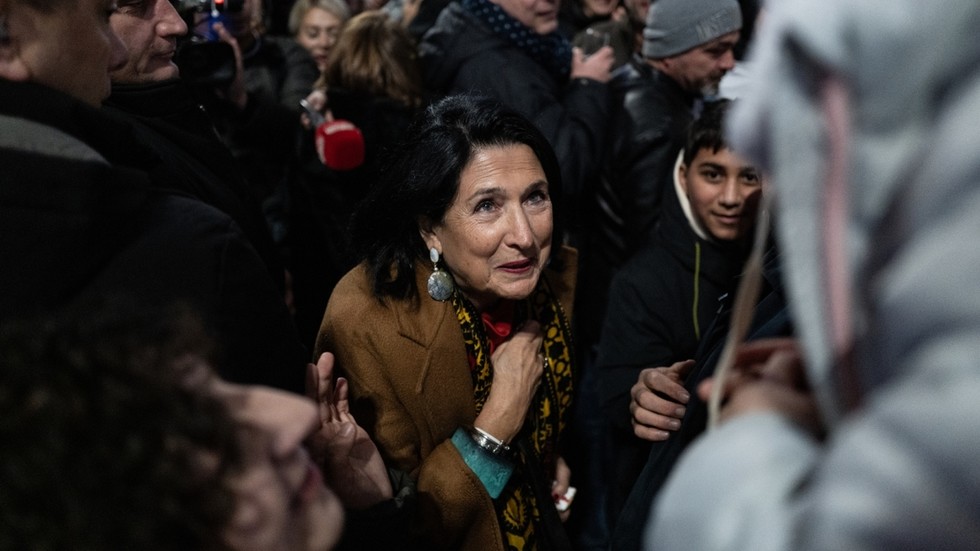
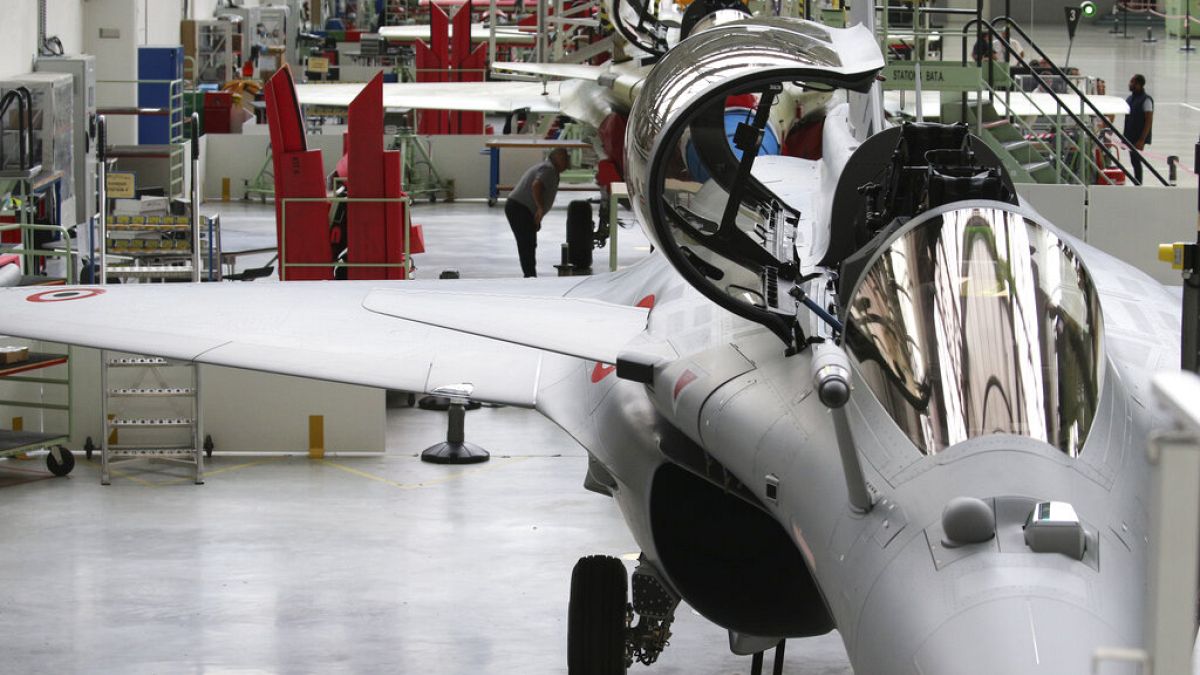
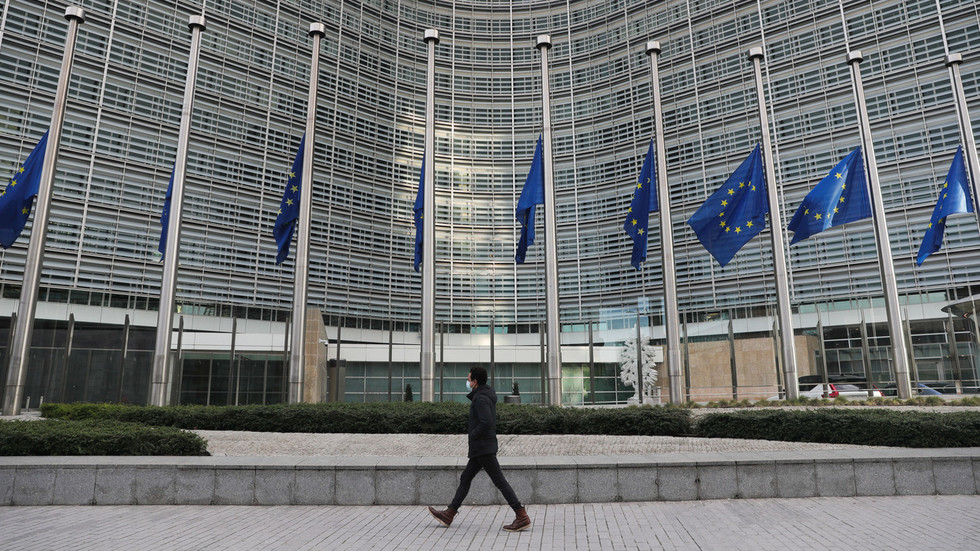
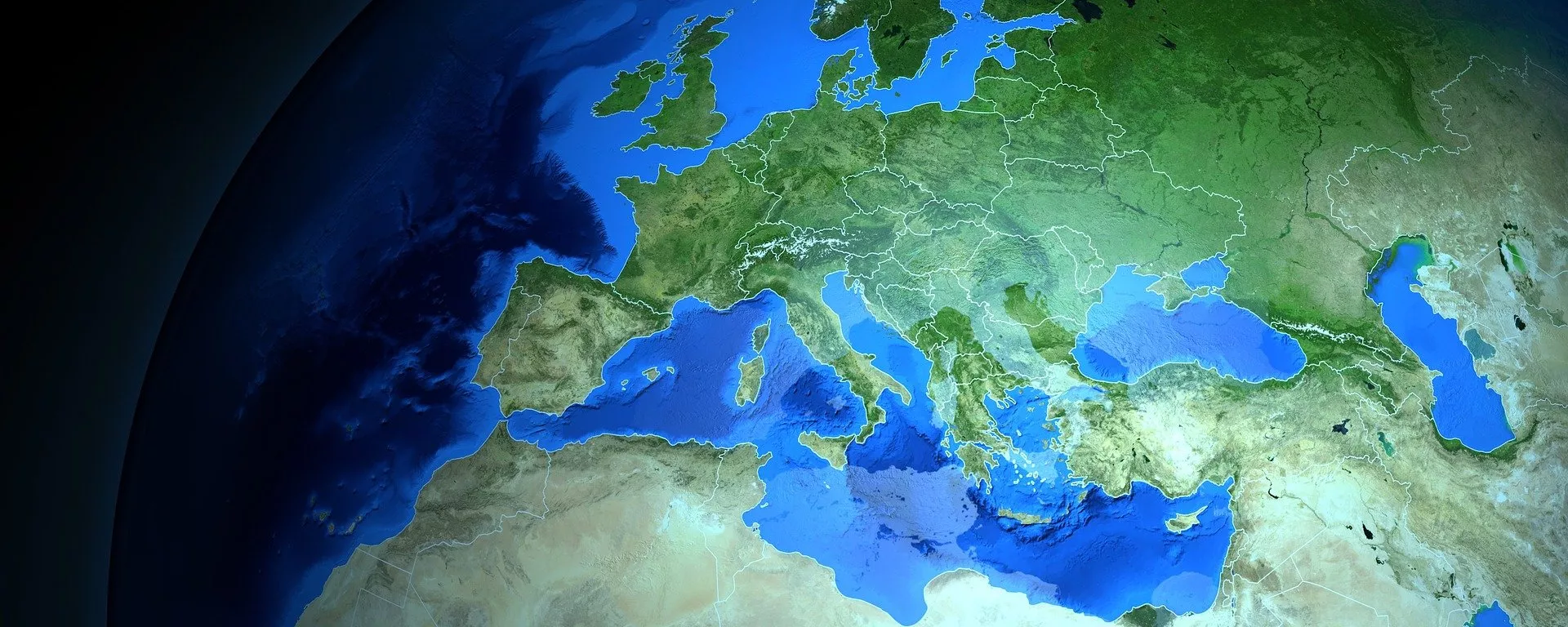
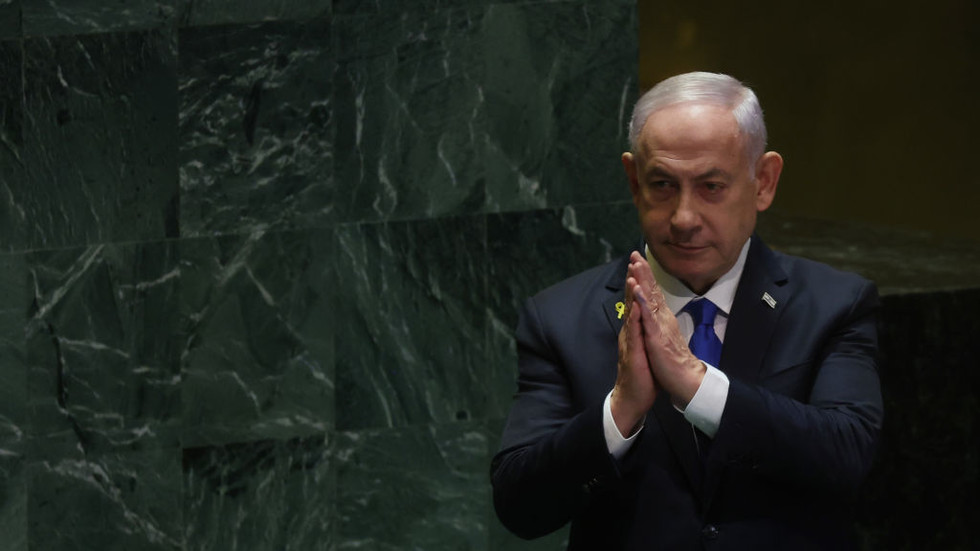
 We deliver critical software at unparalleled value and speed to help your business thrive
We deliver critical software at unparalleled value and speed to help your business thrive






 English (US) ·
English (US) ·